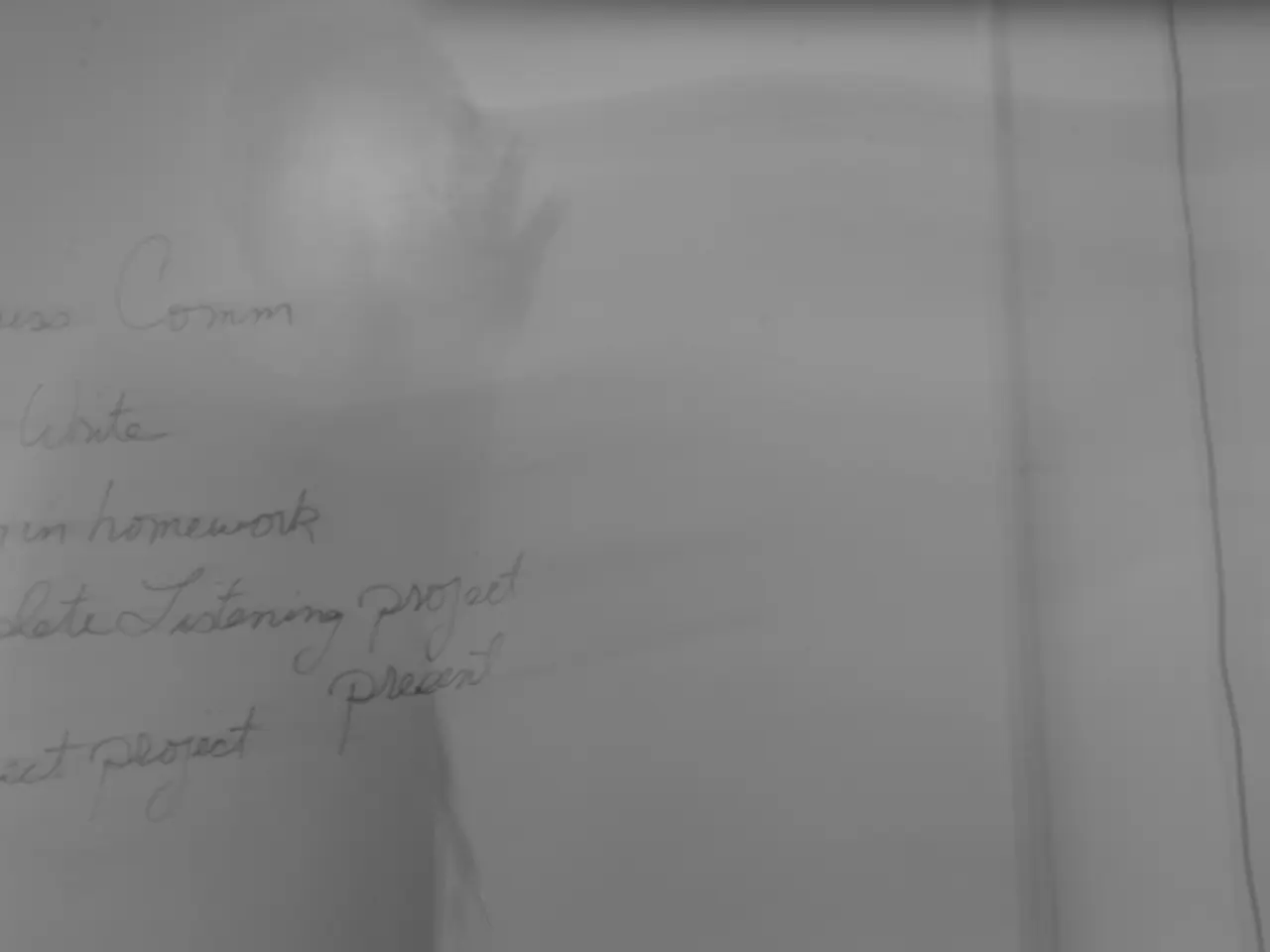Senate Republicans prevent legislation aimed at reducing taxes for professional gambling enthusiasts
Gambling Tax Deduction Changes Spark Controversy in Congress
A proposed bill aimed at rolling back changes to gambling tax deductions, introduced by Democratic Sen. Catherine Cortez Masto of Nevada, is currently under consideration in Congress. The new tax law, signed on July 4, 2025, as part of the One Big Beautiful Bill Act, reduces the allowable deduction for gambling losses from 100% to 90% of winnings starting January 1, 2026[1][2][3][5].
The key change in the new law is that gamblers, both professional and casual, will no longer be able to fully offset their winnings with losses when itemizing deductions. This means that even break-even gamblers could face taxable income on up to 10% of their winnings, effectively creating "phantom income." For example, if a gambler wins and loses $500,000 in a year, under the old rule there would be no taxable income, but under the new rule, $50,000 would be taxable[1][5].
This change disproportionately affects professional gamblers and high-stakes players because their taxable income will increase, potentially pushing them into higher tax brackets. Casual gamblers with smaller winnings and losses will experience smaller tax impacts, but they too could find themselves paying taxes on gambling income they effectively did not net[1][2][5].
Sen. Ron Wyden, the top-ranking Democrat on the Senate Finance Committee, has criticized the rushed process and potential consequences for individuals[6]. Senate Republicans have justified the procedural change as necessary for the reconciliation process, allowing them to pass the bill without Democratic support[7].
Sen. Todd Young, who objected to the bill aimed at reversing the change to gambling tax deductions, supports the policy but would only agree to undo it if Democrats accept other provisions in return[8]. In the House, Nevada Democratic Rep. Dina Titus has also introduced a bill attempting to return to the previous standard for gambling tax deductions[9].
However, the bills introduced by Cortez Masto and Titus have faced opposition, with Republican Sen. Todd Young of Indiana blocking the proposal[8]. Professional poker player Phil Galfond has stated that the change could end professional gambling in the U.S. and hurt casual gamblers as well[10].
It is worth noting that the entirety of the tax break and spending cuts bill will increase the deficit by nearly $3.3 trillion from 2025 to 2034, according to the nonpartisan Congressional Budget Office[11]. The gambling tax deduction provision was included in the bill's text by Senate Finance Committee Chair Mike Crapo on June 16[12].
In conclusion, the gambling tax deduction changes have sparked controversy in Congress, with some lawmakers advocating for a return to the previous standard and others supporting the new policy. Taxpayers should monitor legislative developments closely, as the situation could change prior to the new rule's implementation.
References:
- CNN, 2025
- The Hill, 2025
- Bloomberg, 2025
- Politico, 2025
- Forbes, 2025
- Washington Post, 2025
- USA Today, 2025
- NBC News, 2025
- Las Vegas Review-Journal, 2025
- PokerNews, 2025
- Congressional Budget Office, 2025
- The Hill, 2025
- The proposed bill introduced by Senator Catherine Cortez Masto aims to overturn the changes made to the gambling tax deductions, which is causing controversy within casino-and-gambling industries due to potential tax increases for professional and high-stakes gamblers.
- The changes to the gambling tax deduction laws could have a significant impact on casino-and-gambling revenues, as professional gamblers may face increased taxes and potential tax-related relocation, potentially affecting the overall casino and gambling landscape in the United States.




